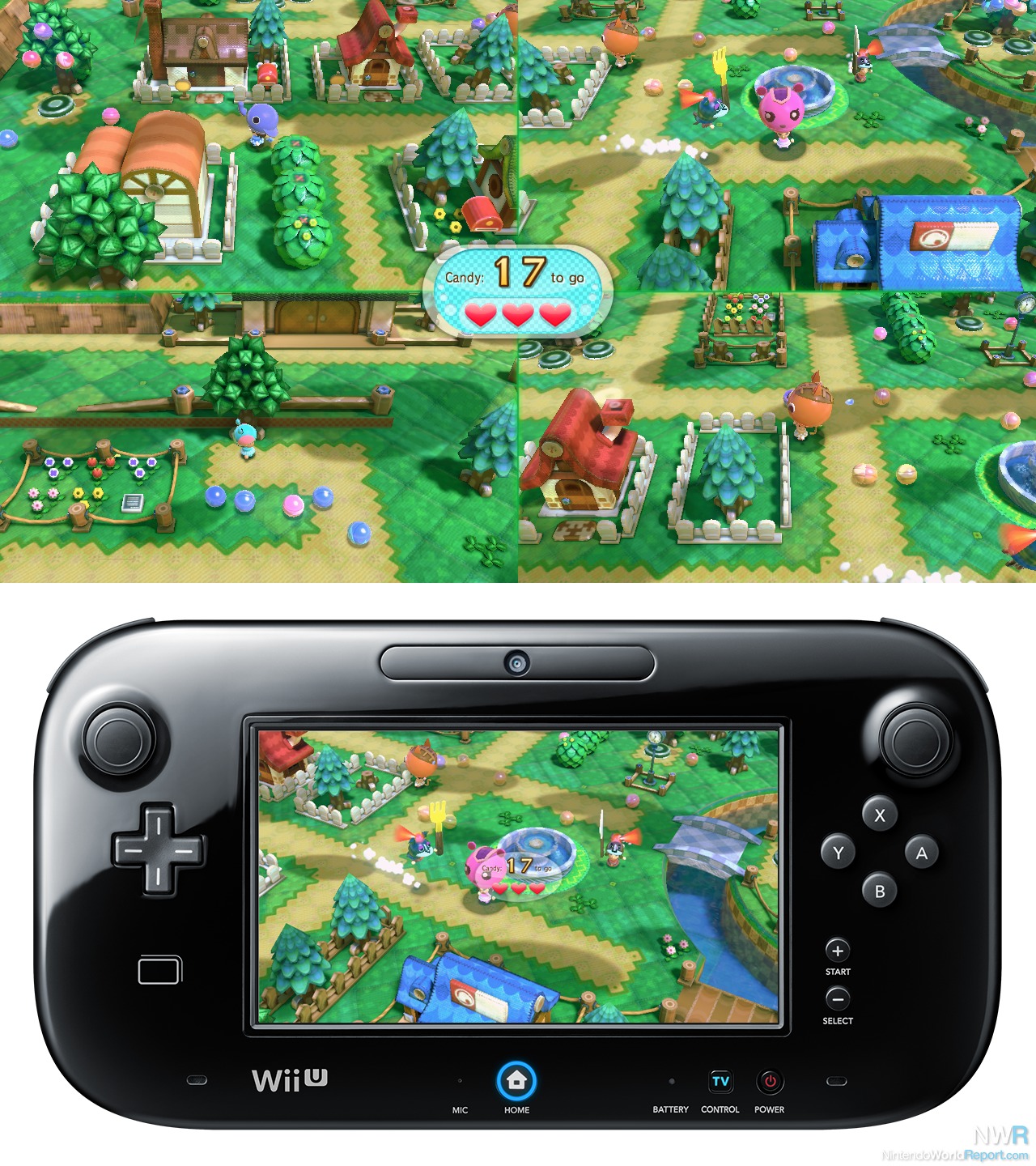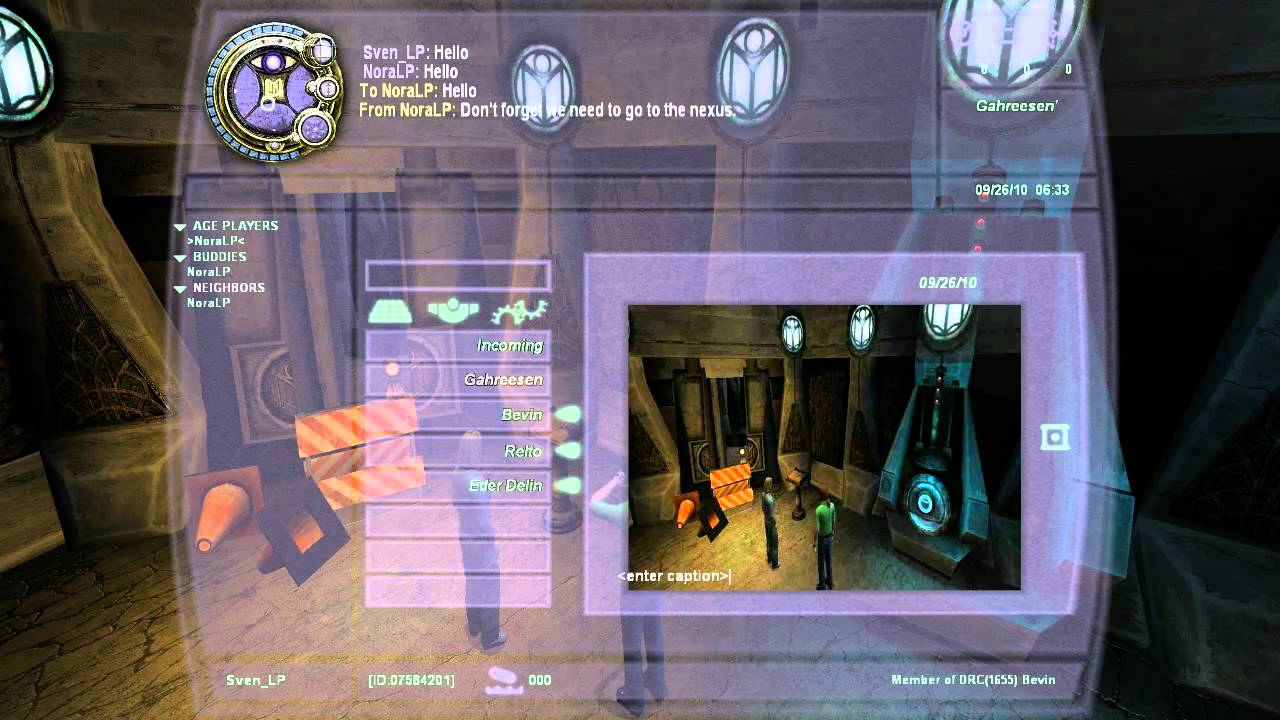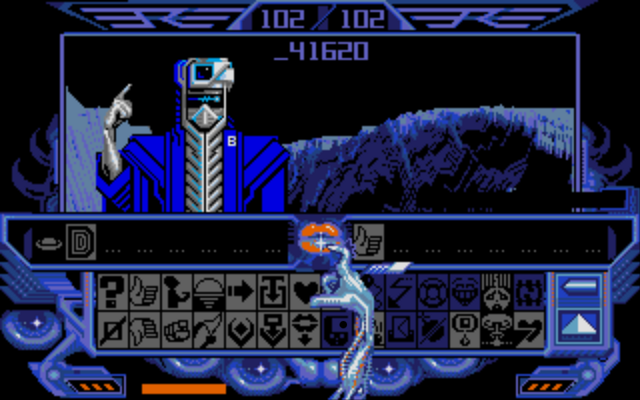I’ve been wondering what I should do when starting this blog and one of things that I feel is most important when reading critique and editorials is to have an understanding of the writer. What do they value? What is important to them and what is their perspective of the content they are talking about? We always blindly explore the internet, looking at opinions with a fraction of the whole picture. The world isn’t black and white. It isn’t about likes and dislikes. So I think it’s incredibly important to express what my views and values are to everyone reading this, so that they can appreciate and better understand where I am coming from with my opinions. So let’s break it down!
I have spent a lot of time trying to understand what it is that I care about in video games. These values have changed so much over time and currently reflect what I appreciate and value at my current stage in life. So what does an overly optimistic enthusiast that still plays video games breaching forty years old care about? That is such a tough question to answer, because it can greatly vary based on the genre I am playing, but the following is the best estimation of what I think is really important.
The number one thing I value as a player of games is novelty. Novelty, from my perspective, is the unique approach to a genre. It is the hook. It can come in so many different forms, be it hardware novelty, such as asymmetrical gameplay via Nintendo’s Wii U gamepad, or in software novelty like the incorporation of FMV actors in an adventure game. Novelty is what helps drive curiosity. It is a puzzle that makes us ponder the ways we can interact with it and achieve our goals. It is the systems ingrained in the software or the physical manipulatives of a control scheme. Novelty is what keeps me exploring video games and constantly wondering what else there is out there.

Oh the Wii U, how I love you.
This is one reason as to why I made this blog in the first place. Obscure games typically are ones that rely on bold design choices that never truly pan out to their full potential, but have such novel experiences unique to themselves. They have lessons to teach us as players and as designers that are often ignored. Novelty is vital to the captivation of a player base and that is why I value it so strongly.
The second thing I value is going to tap into an overused word in the industry… immersion. While it has definitely lost a lot of weight and meaning, immersion is far more than the feeling of being in a world. Immersion is the loss of time. That engrossed state of being where you feel like you have been playing for mere minutes, but hours have passed. Immersion can be that innate desire for, “one more turn,” in games like Civilization, but can also come in the form of baking bread in Ultima VII. I’ve seen the word immersion be boiled down into the basic idea of hyper realistic graphical fidelity and that does the word such a disservice. So understand that when I talk about immersion, I talk about the ability to draw a player in and go for the ride that the developers intend and never looking at the clock to pull yourself out.
Many obscure games play around with concepts like user interface and an almost alien aesthetic that really draws players in. There can be absurdity that drives you forward, or makes you ask the question, “why?” They use the unconventionality of their design to draw players in and immerse them.

Myst Online Uru Live's user interface was a puzzle by itself that was a joy to figure out.
Another major value is player agency. This doesn’t mean that a game should let me play any way that I like, but instead, means that it gives me the tools to PLAY with the software. Agency allows you to express yourself within the confines of the rules and mechanics. This can sometimes even result in the bending or outright breaking of those rules, but having that ability says a lot to the positives of the game. I see player agency as asking the software, “Hey is it okay if I do this?” and the software reacts to it with validation. It is typing in a command in a text adventure game and receiving a contextual response. It is experimentation with the mechanics and resulting in new avenues of play. It is the exploration of the world and the game giving you the opportunity to do so. Much like with everything out there, player agency comes in so many different forms that can morph and change based on the type of game you are playing. Of course you aren’t going to be able to explore outside the bounds of the playfield in tetris, but you are able to play with the mechanics to learn the intricacies such as performing a t-spin.
What makes a lot of obscure games so enticing to explore is the mere puzzle of trying to understand what it is they want you to do. We see games like Captain Blood transform basic communication into a puzzle by utilizing pictographs to communicate with alien species. There are no rules that these lesser played games follow. No connective design tissue that players glomp on to. Instead, we are allowed to play with the systems they crafted, because those systems themselves are often an enigma.

Captain Blood's use of pictographs is extremely engaging.
Lastly, I wanted to talk about intimacy in games. Intimacy, for me, has a dual meaning. The first is the ability to open yourself up to what the game is trying to do. This can come in the form of letting narrative well up strong emotions, or creating trust with the software so that you can feel free to play with abandon. Intimacy in this instance is a two way street where the player is willing to be taken for a ride and the game doing just that in a way that feels compelling and easy to do. On the other hand, intimacy can also be about the connection a player has with another player. Competitive play in fighting games is a great example of one of the most intimate ways we play games. Two human beings facing off against each other and the goal is to better understand the opponent’s habits and exploit them for victory. It is the most primal form of reading and understanding human beings and in doing so, you are connecting in a very strong way.

A car fighting a polar bear is truly intimate.
For so many people, games are a cathartic experience. They see games as an escape from reality; a way to disconnect. For me, it is exactly the opposite. Games are all about connection. By connecting with both software and other human beings, we are able to learn and grow and games can be a powerful tool for us to do so. Games can be so much more than they are and we dedicate so much of our time trying to use them to distance ourselves from our emotions and our everyday life. When I talk about intimacy, I talk about how a game can be enriching to me personally and that is something really powerful.
So there you have it folks, a little insight into what I value going forward. You are going to see these values pop up a LOT when I dive into titles as they are really the basis of what I use to judge how strongly I enjoy a game. I really appreciate your time reading the blog and I hope you stay for when we talk about the very first title to be discussed, which is Commander Blood by Cryo Interactive.
Thank you,
Jonathan